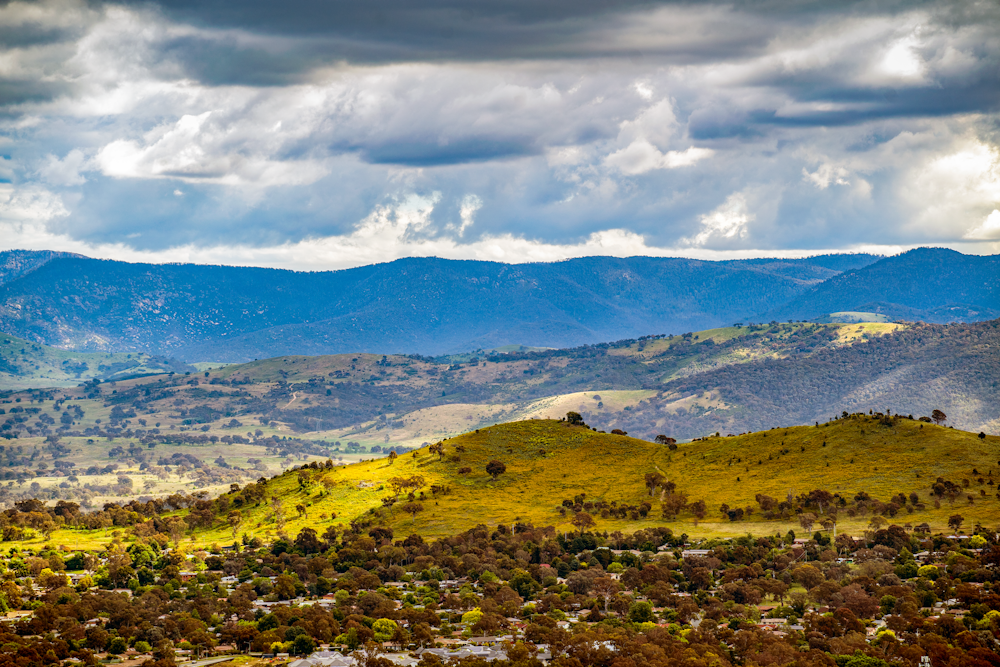Navigating Copyright Laws
Copyright laws are a crucial aspect of protecting intellectual property in today’s digital age. Understanding these laws and the legal protections they afford is essential for creators, businesses, and individuals alike. In this article, we’ll delve into the Copyright Act and explain the key legal protections it provides.
Origins and Purpose of Copyright Act
The Copyright Act, established to protect creators’ rights, serves as a legal framework for safeguarding original works of authorship. It grants creators exclusive rights to reproduce, distribute, perform, and display their works, preventing unauthorized use or infringement by others. The act aims to promote creativity and innovation by providing incentives and protections to creators.
Scope of Copyright Protection
Copyright protection extends to a wide range of creative works, including literary, artistic, musical, and dramatic works, as well as photographs, videos, software, and architectural designs. It covers both published and unpublished works, granting creators automatic copyright protection upon creation of their works in tangible form, without the need for registration.
Exclusive Rights of Copyright Owners
Copyright owners have exclusive rights to control the use of their works, including the right to reproduce the work, create derivative works, distribute copies, perform the work publicly, and display the work publicly. These exclusive rights allow creators to monetize their creations, license their works, and enforce their rights against unauthorized use or infringement.
Fair Use and Limitations
While copyright grants creators extensive rights, it also includes limitations such as fair use. Fair use allows limited use of copyrighted works for purposes such as criticism, commentary, news reporting, teaching, scholarship, and research, without the need for permission from the copyright owner. Understanding the principles of fair use is important for navigating copyright laws responsibly.
Duration of Copyright Protection
Copyright protection generally lasts for the life of the creator plus 70 years after their death. For works created by multiple authors or works made for hire, copyright protection extends for 95 years from the date of publication or 120 years from the date of creation, whichever is shorter. After the copyright expires, the work enters the public domain and can be freely used by anyone.
Copyright Registration and Enforcement
While copyright protection is automatic upon creation, creators can choose to register their works with the U.S. Copyright Office for additional legal benefits, such as the ability to sue for statutory damages and attorney’s fees in case of infringement. Enforcement of copyright involves legal actions such as sending cease-and-desist letters, filing infringement lawsuits, and seeking remedies for damages.
Digital Era Challenges
In the digital era, copyright protection faces new challenges, such as online piracy, unauthorized sharing of digital content, and the use of copyrighted works on social media platforms. Copyright owners must remain vigilant and employ digital rights management tools, licensing agreements, and legal strategies to protect their works and combat infringement in digital environments.
International Copyright Laws
Copyright laws extend beyond national borders, with international treaties such as the Berne Convention and the WIPO Copyright Treaty establishing standards for copyright protection among member countries. These treaties facilitate cross-border protection of intellectual property and provide mechanisms for resolving copyright disputes on a global scale.
Educating and Respecting Copyright
Education and awareness play a crucial role in promoting respect for copyright and intellectual property rights. Creators, businesses, educators, and consumers must understand copyright laws, adhere to licensing terms, obtain permissions when necessary, and support creators by respecting their rights and compensating them for their creative efforts.
Conclusion
In conclusion, the Copyright Act provides vital legal protections for creators and their original works. Understanding these protections, including exclusive rights, fair use principles, duration of protection, registration benefits, enforcement mechanisms, and international considerations, is essential for navigating copyright laws responsibly and promoting a culture of respect for intellectual property rights. Read more about copyright act

